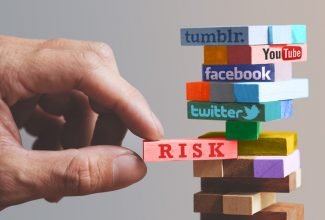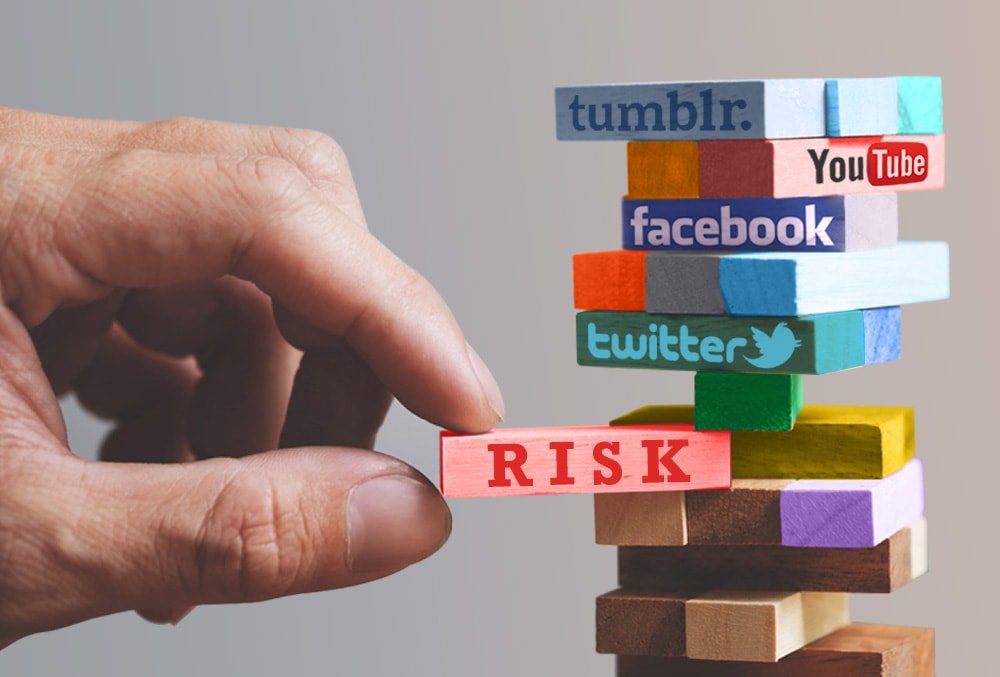
The concept of keeping an eye on social media conversations, better known as sentiment analysis, social monitoring, social listening and what more of these terms, organizations are now shifting to a more holistic perspective, the risk management perspective.
Social media risk management is fairly new, I know that Foster & Fleming, a Dutch company, is offering this broader perspective and services, but that’s basically it.
Why should you bother? PwC’s Risk in Review report, based on responses from 800 global executives, found that risks related to the impact of digital technologies on intellectual property and reputation will be of particular concern for companies over the next year, according to CFO.com.
Jason Pett, PwC’s U.S. Leader of Internal Audit Services and co-author of the report said:
CFOs are becoming more sophisticated and involved in understanding the implications of risk on the overall business, as opposed to a singular focus on compliance risk.
The study identified five key issues:
- Building risk resiliency into the organization. In today’s unpredictable and ambiguous business environment, companies need structures that are resilient to risks when and where they occur. According to our survey, risk managers will be increasing their use of horizon scanning, early-warning systems, stress testing, flexible risk appetite statements, and contingency planning.
- Adjusting performance incentives. Creating a more balanced scorecard that includes risk-related performance incentives helps reduce the likelihood that performance-based compensation will encourage executives to take actions that increase risk, particularly in this period of business transformation.
- Building digital risk into the risk management agenda. Businesses today face a minefield of cyber risks—from system failure and security breaches to intellectual property abuse and reputational damage from social media. Building all aspects of digital risk into the corporate risk agenda is crucial, as is drawing on the latest tools, such as intellectual property and brand audits.
- Minimizing business transformation risk. Companies undergoing a business transformation—which include two out of three companies in our survey—need to study similar efforts at other organizations to understand what can go wrong, build the right team to deliver on strategic imperatives, and make sure they have strategies in place to cope with potential risks.
- Taking full advantage of next-generation risk analytics. Companies are increasingly integrating data from multiple sources both within and outside their organization to make faster, better risk decisions. Executives are now incorporating business transformation risks, such as those relating to talent and technology, into their risk systems and adding linkages that show the cascading effects of risk in today’s more complex marketplace.
Last year Forbes Insight and Deloitte did a research amongst 192 US executives within organizations that generate more than $1 billion.
Social media is the fourth biggest risk that is challenging these executives.
Rick Kulevich, senior director, Ethics and Compliance said:
Everybody is walking around with a smartphone, and things can be captured and digitized instantaneously. Once digitized, social media can spread information like wildfire.
It is important to understand what is out there about your own company, about your co-workers. Over the next three to five years, the impact of managing data and the impact of technological trends will be key.”
Social media are accelerators
The overarching challenge is, as Kulevich pointed rightly out, that social media and ubiquitous technologies are just that, all over the place at anytime. This accelerates the potential for risk.
So what needs to happen if organizations need to evolve from sentiment analysis to a more robust risk management approach?
Exactly, new combinations of skills, think of other business processes, compliance, communication skills that are needed that –perhaps/probably- are not present at this time within your existing (marketing/PR(?)) department.
Is social media risk management on top of your mind?
Gianluigi Cuccureddu is co-founder of Damarque, helping you to improve your commercial performance through better engagement with your employees, customers and strategic business partners.
We offer high-impact training, coaching and consulting services for professionals, teams and organizations to help improve people ánd organizational performance and innovation capability in an efficient and sustainable way.










